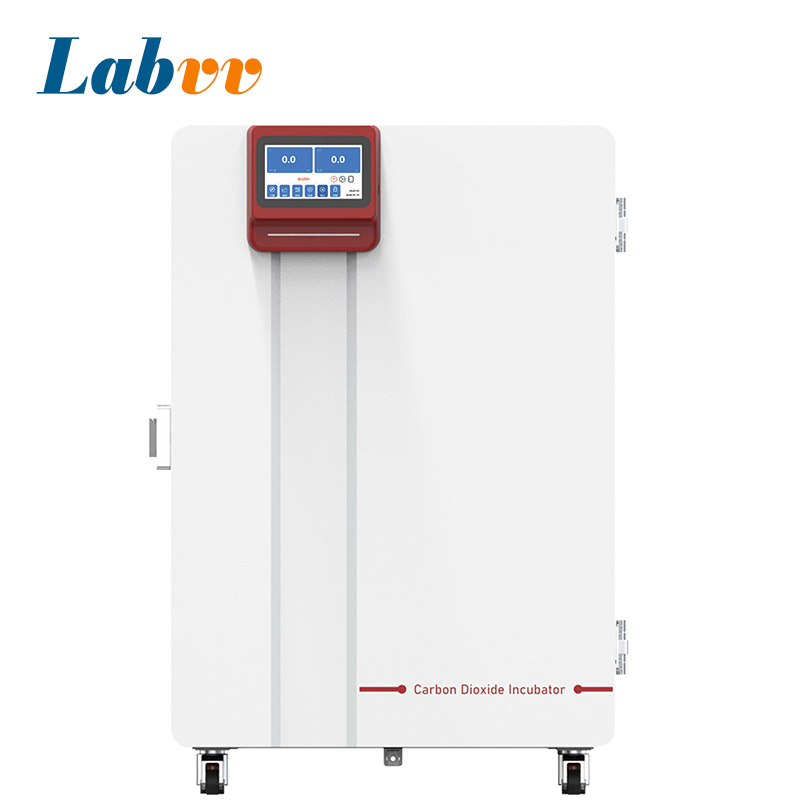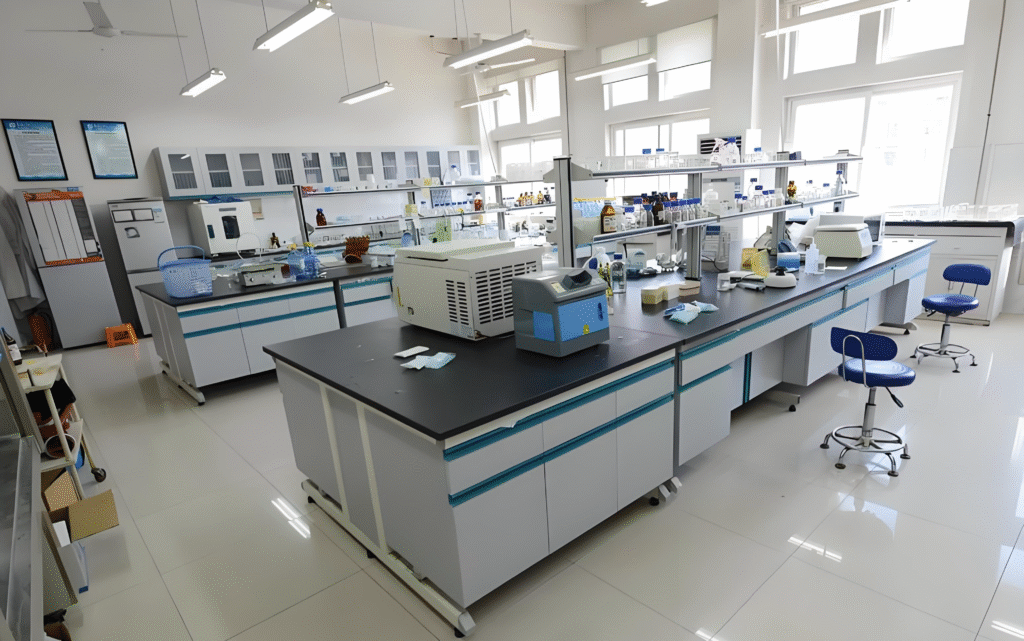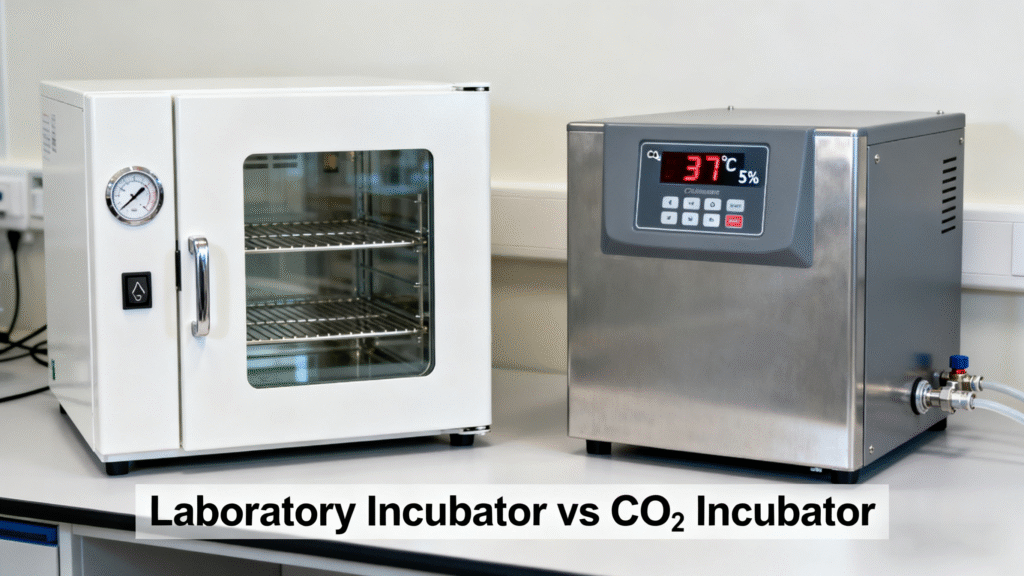Vacuum Pump Maintenance: Essential Guide for Vacuum Drying Ovens
Vacuum Pump Maintenance: Essential Guide for Vacuum Drying Ovens A vacuum pump is the core component of any vacuum drying oven. Its performance determines how efficiently the chamber reaches low pressure, how quickly moisture is removed, and how stable the drying process remains. Proper vacuum pump maintenance not only improves equipment reliability but also prevents […]
Vacuum Pump Maintenance: Essential Guide for Vacuum Drying Ovens Read More »



